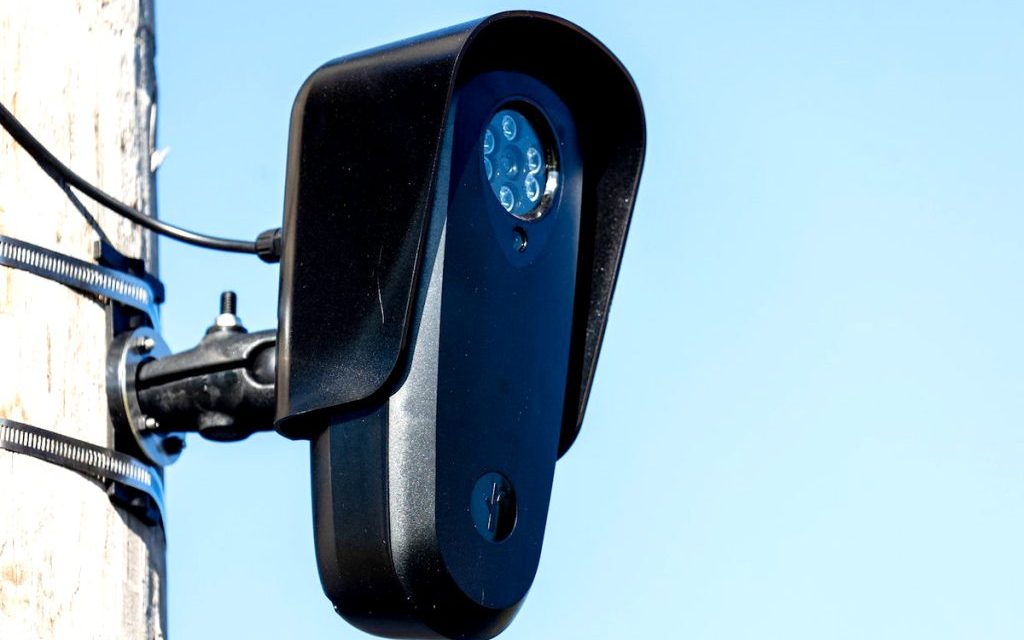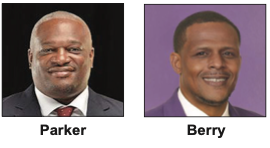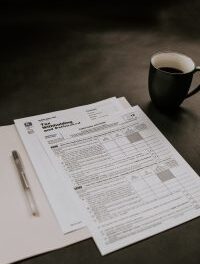SPEAKIN’ OUT NEWS
Will Freeman, a software engineer from Huntsville, Alabama, has launched a campaign to shed light on an invisible yet pervasive form of surveillance: automated license plate readers (ALPRs). Through his online platform, DeFlock, Freeman maps the locations of these tracking devices across the U.S., aiming to raise awareness about the scope of data collection happening without public knowledge.
“These cameras don’t just scan license plates—they log your car’s location, time, and date, creating a detailed map of your movements,” Freeman explained. While promoted as tools for catching criminals, he argues they overwhelmingly track everyday people.
Freeman’s journey to expose these trackers began during a road trip from Washington to Alabama, where he noticed clusters of ALPRs in Southern states. “I realized they’re everywhere, and the more I saw, the less comfortable I felt,” he said.
DeFlock has already identified nearly 2,000 ALPRs in the U.S., including dozens in Huntsville. Freeman hopes the platform will encourage transparency and give citizens a voice in their deployment. “If these cameras have to exist, at least let people know they’re being watched,” he said.
Freeman isn’t alone in his concerns. A recent lawsuit in Norfolk, Virginia, claims the use of ALPRs violates constitutional protections against unreasonable searches. Critics warn the technology could lead to misuse, unchecked surveillance, and privacy violations.
Despite limited regulations in states like Alabama, Freeman believes change is possible. “People don’t realize how much they’re being tracked,” he said. “Once they know, I think attitudes will shift.” His ultimate goal? To remove ALPRs—or at least give people the tools to avoid them entirely.











